Catholics believe in Apostolic Tradition because we understand divine revelation as having been received through the twin channels of Sacred Scripture (the word of God in written form), and Tradition (the word of God in spoken form—the preaching and practice of the Apostles). This belief is substantiated by Saint Paul's advice to Christians: "Stand firm and hold to the traditions which you were taught by us, either by word of mouth or by letter" (2 Thess. 2:15; italics added). To dispute this, proponents of Martin Luther's approach of the Bible Alone will often cite passages that affirm the Bible's inspiration and authority, such as Second Timothy 3:16-17:
All Scripture is inspired by God and profitable for teaching, for reproof, for correction, and for training in righteousness, that the man of God may be complete, equipped for every good work.
The inspiration and authority of the Bible are not in question, though. The question is whether the Bible is the only authority; and in no way does Second Timothy, nor any verse of Scripture, claim it to be so.
Our Lord, for example, spent forty days after the Resurrection privately teaching the Apostles on matters pertaining to the Church or “speaking of the kingdom of God,” as Luke put it (Acts 1:3), yet what He said to them was not recorded. Paul told the Corinthians there were “other things” which he preferred to say in person rather than in writing (1 Cor. 11:34); and in another letter remarked, “You know what instructions we gave you through the Lord Jesus” (1 Thess. 4:2). We do not know what precisely these instructions were, though, since he neglected to write them down. John as well remarked in a letter, “Though I have much to write to you, I would rather not use paper and ink, but I hope to come to see you and talk with you face to face, so that our joy may be complete” (2 John 12; cf. 3 John 13-14).
There are also many elements of the faith not fully addressed in Scripture. For example, nowhere in Scripture do we find the Blessed Trinity defined. Nor do we find details on how to conduct a worship service, nor baptismal and marital rites. Nor are we given a list of the books of the Bible. For these things, we must fall back on Apostolic Tradition, “the tradition that you received from us,” as Paul described it (2 Thess. 3:6).
The second main argument against the Bible Alone approach is the lack of agreement among believers: the grim reality that Bible-only Christians interpret the teachings of the Bible differently. Current estimates put the total number of denominations worldwide in the tens of thousands (see David B. Barret, et al., World Christian Encyclopedia [Oxford University Press, 2001). While some have maintained these denominations disagree only on insignificant teachings, the fact is there is disagreement on a host crucial issues including Baptism, the Eucharist, whether a Christian can lose his salvation, if hell is eternal, Sunday worship, the call to holiness, the necessity of speaking in tongues, and the End Times.
Read more about Apostolic Tradition in the Catechism of the Catholic Church.
Bible Verses on Apostolic Tradition.
Early Church Writings on Apostolic Tradition.
Back to previous page on What Catholics Believe & Why.
